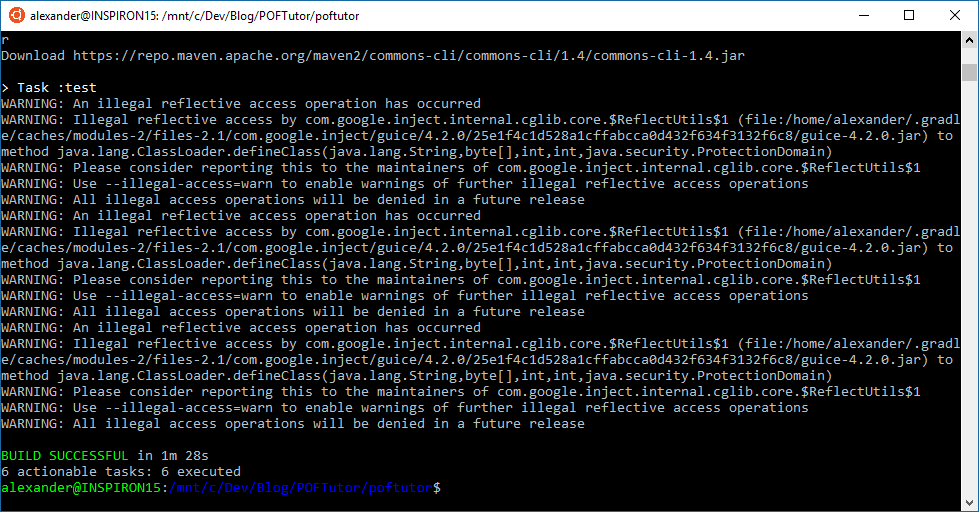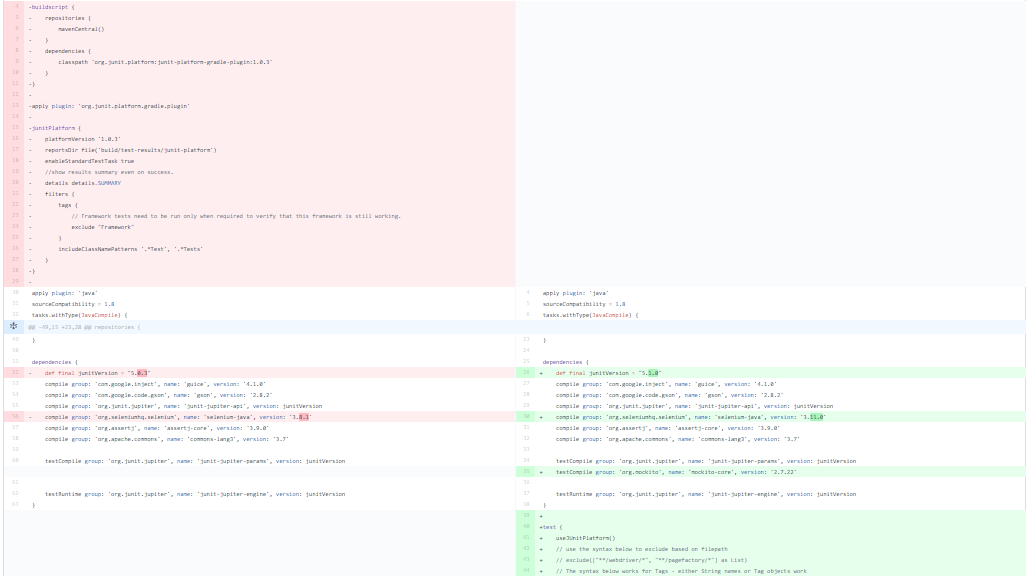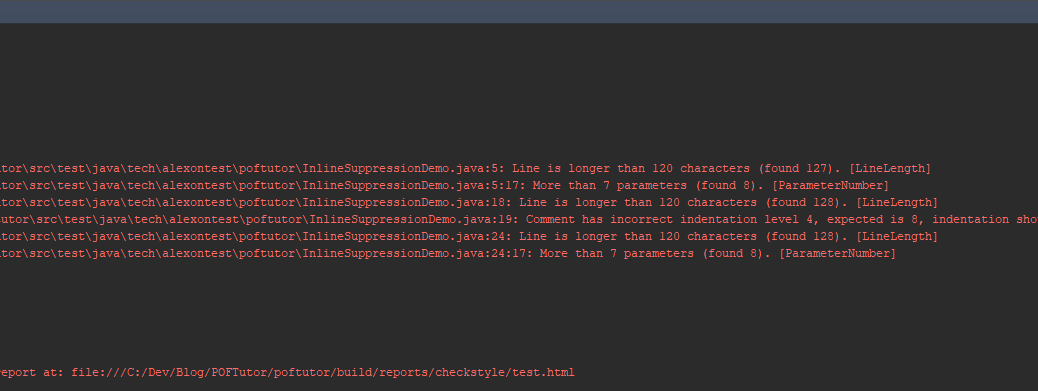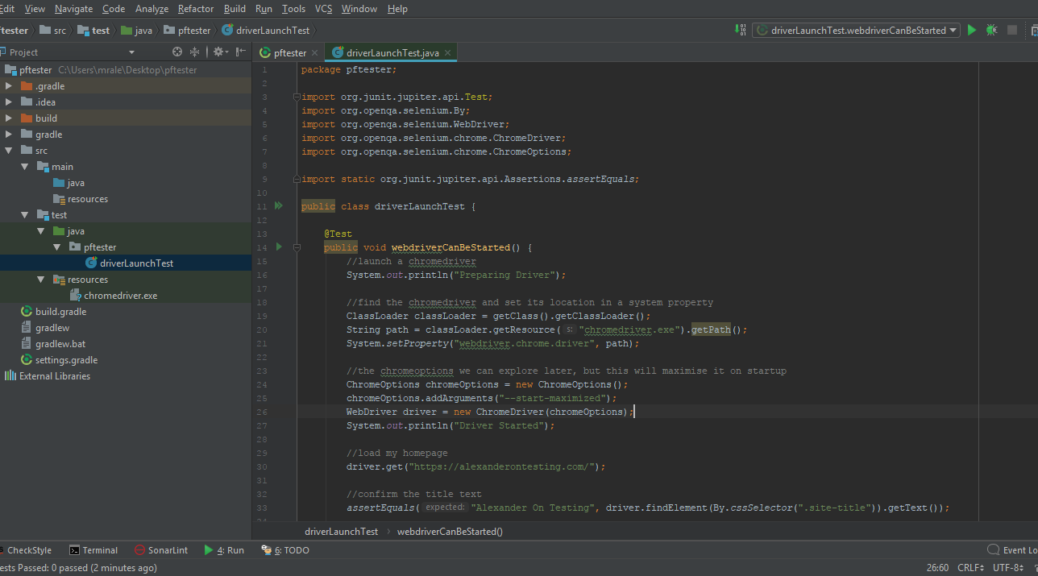Going multi-platform: Running the tests from MacOs and Linux
Just a quickie tonight. Part of the reason for writing anything in Java is its ability to run on many devices. Before I move on from Java to dotnet and C# there are a couple of things to complete. In principle it should be no problem to call gradle to run my tests on both Linux and Macos. I’m going to cheat a little with Linux by running on Ubuntu on the Windows Subsystem for Linux. While we are at…



